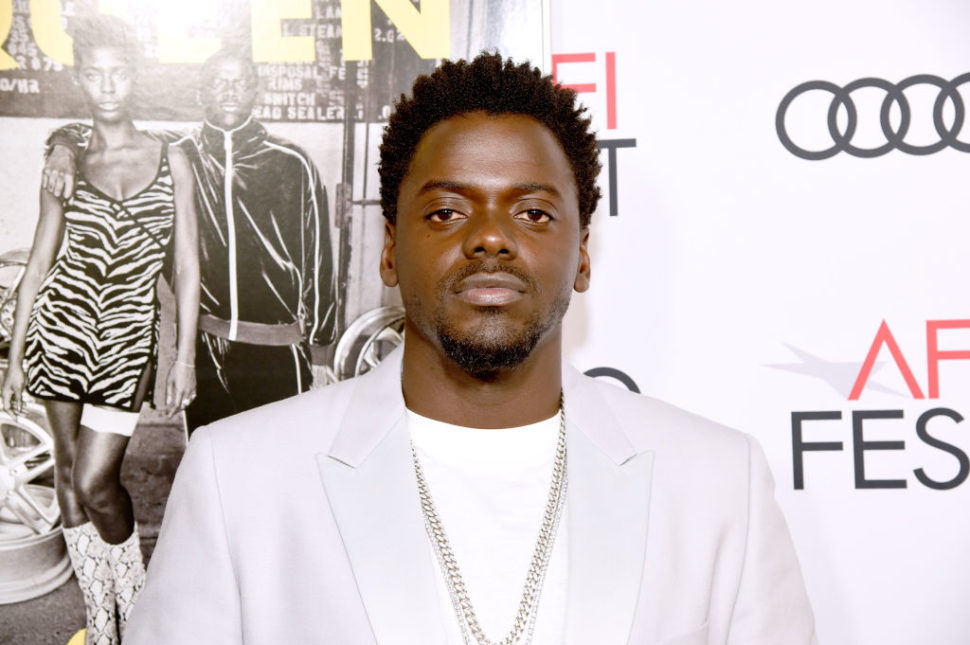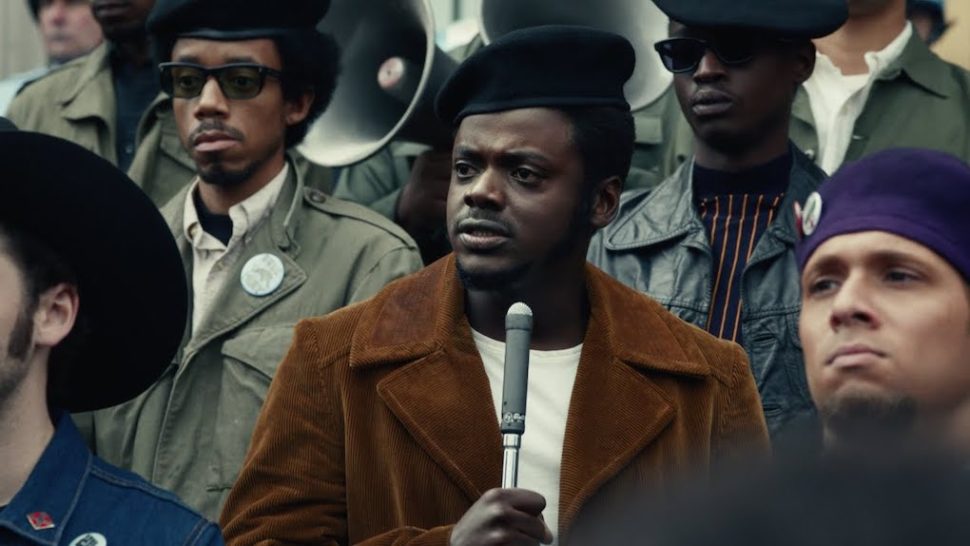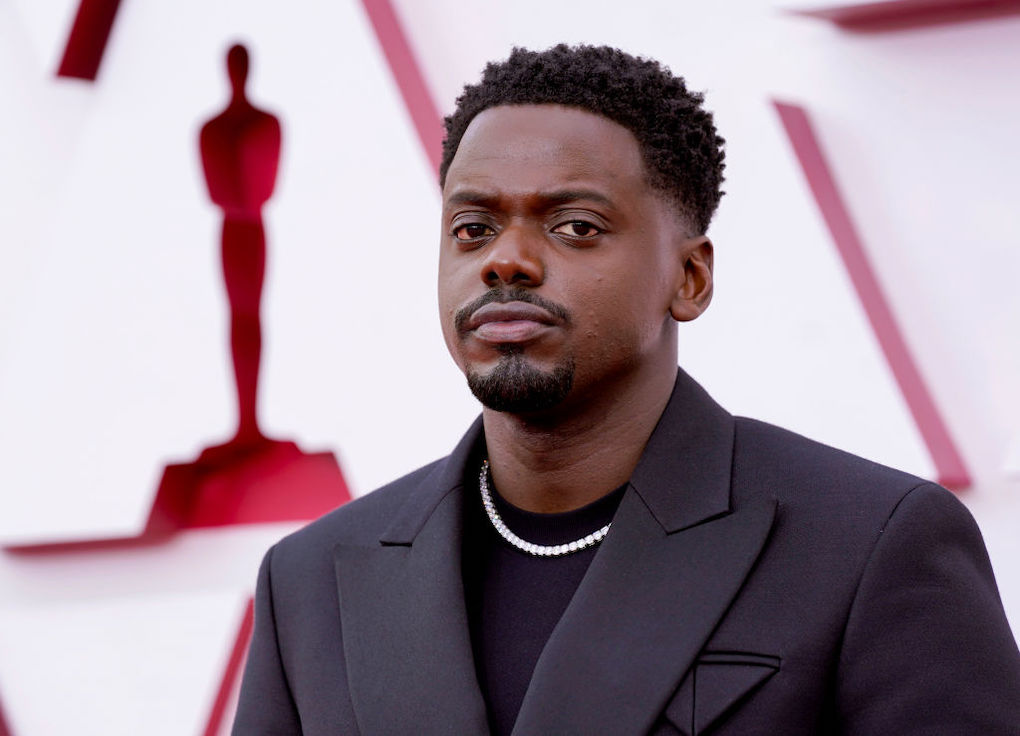Daniel Kaluuya has come a long way from his early days in London. The recent Oscar winner’s Ugandan mother left her home to give birth to Daniel in London. But, life wasn’t easy.
Until he was around two years old, they lived in hostels before moving to a house of their own in London’s Camden neighborhood. Like many low-income families, his mother received benefits to help her family sustain as drugs plagued their community. Camden is widely regarded as a “drug market.”
While Kaluuya excelled in school – because his mom demanded good grades – school culture was rough.
“I went to a Catholic boys school in north London called St. Aloysius. It was a boisterous school, a lot of fighting energy. There was a time when we had all-year detention, where the school would lock up our whole year because there were fights and knife crime,” Daniel Kaluuya said in an interview.
Kaluuya struggled some with his Blackness, and classmates often made him feel like a “minority” for his darker skin.
“School was a place that was majority Black— where I found out a lot of my blackness through black people. I found out how dark I was at 11. I didn’t know I was dark-skinned to the point where other Black people thought it was odd,” he explained. “I was made to feel like an “other” from Black people, which was quite a weird experience. Obviously, in the Black context, I’m dark skinned. If I’m navigating the professional context, the majority of people are white—so, in that context, I’m Black, but even the concept of being a minority is fucking wild. I’m not a fucking minority. There are a billion white people in the world, and there are a billion Black people in the world. What part of me is a minority?”

To keep her son off the streets, his mom allowed him to take classes at Anna Scher Theatre, where he fell in love with acting. He even wrote his first play at nine.
His first official acting gig happened at the age of 16 for a TV movie called Shoot The Messenger with David Oyelowo. The BBC directors found Kaluuya acting underneath a church on Caledonian Road known to be a working-class area in North London.
After joining Skins as an actor and writer, Daniel Kaluuya got an agent even though he got his first two jobs without one. He was writing and acting in plays for a Hampton theater company when Skins’ production staff put out a call for teenage writers. He started as a writer for Skins before the show was cast.
“I went to an open audition, which I didn’t realize was for Skins. I was only supposed to be in one episode, but apparently, I did really well in a read-through, and they wrote me in for more,” said Kaluuya.
When he was cast for Get Out, he admits to feeling anxiety because he’s not African American.
“When I first saw the script for Get Out, I thought, ‘Wow, that’s raw.’ There were things in it where I was like, ‘Are you allowed to say this?’ At the end of the day, I wanted Chris to be a character that Black people would root for and identify with,” he told Vice News.

He added, “I’ve been brought up similar to the African American narrative: I was working class, I had to fight for this, and I had to out-work everyone in order to get anywhere and anything. That’s why hip-hop and grime resonates with me and my friends. We don’t fit in with the Establishment. Even the word “mainstream” is fucked—if you don’t fit in the mainstream, you’re told that your thing isn’t legitimate. I really identify with that, and I know Jordan Peele identified with that, too.
Ties to Uganda
Just last week, Kaluuya won an Oscar for Best Supporting Actor for his role in Judas and the Black Messiah, which is a long way from those London hostels he started in. But, even after such a deserving win, his mother’s homeland of Uganda seems to want credit, too.
According to Quartz Africa, there is a debate going on across Uganda whether Daniel Kaluuya would be the Oscar winner he is, had he actually been raised in Uganda versus London. While Kaluuya often mentions his heritage, the African nation wants more credit.
“The critical point here is that his Uganda link has ZERO relevance to his career and its progress,” Ugandia writer Klundi Serumaga wrote in response to a headline naming the actor as “Ugandan-born.” “Dragging in Uganda at this point is just opportunism. Next you’ll be doing DNA tests on famous Black Americans. A more useful story would be to examine why his mother left Uganda.”
You can find more from that argument here.
